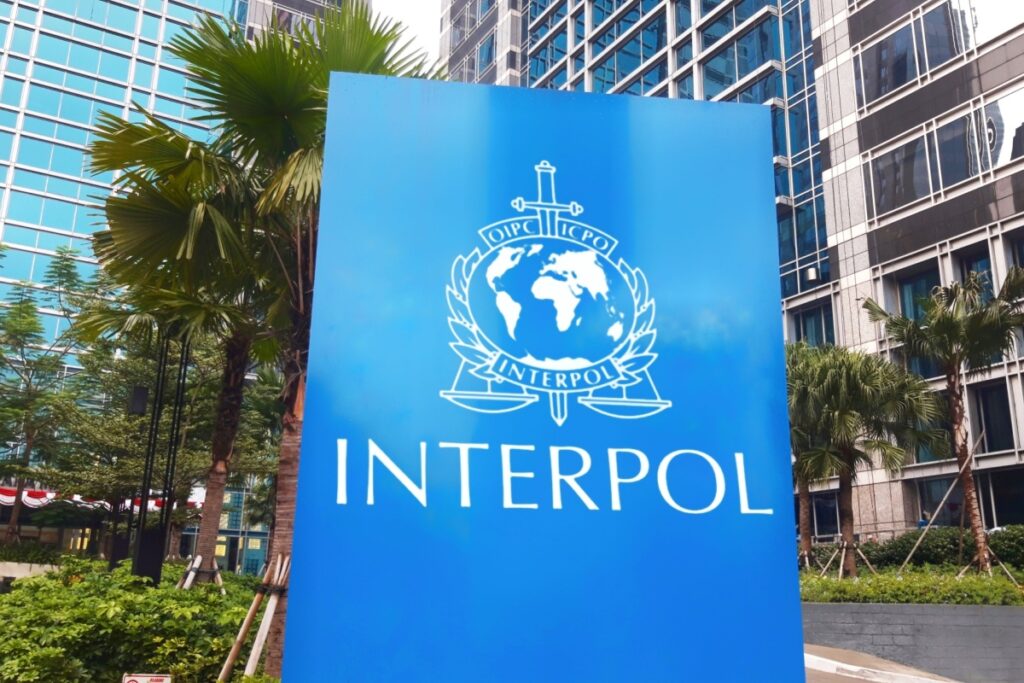Coordinated Operation Across Multiple Nations
Between June and August 2025, Interpol orchestrated Operation Serengeti 2.0, a broad cybercrime enforcement initiative involving authorities from 18 African countries and the United Kingdom, headquartered in Lyon, France. This coordinated effort resulted in the arrest of 1,209 suspects and the recovery of approximately $97.4 million, the organization reported. The operation targeted schemes including inheritance fraud, ransomware attacks, and business email compromise, all of which collectively affected nearly 88,000 victims.
Interpol emphasized that the surge in cross-border cyber threats highlights the need for robust partnerships between law enforcement agencies, financial institutions, and technology providers. Officials noted that fraudsters are increasingly using advanced tools such as AI-driven phishing campaigns and cryptocurrency laundering services, which complicate detection efforts. The operation demonstrated the capacity of multi-agency cooperation to counter rapidly evolving criminal tactics.
Major Regional Seizures And Disruptions
During the operation, law enforcement in Angola dismantled 25 illegal cryptocurrency mining facilities operated by 60 Chinese nationals, seizing equipment valued at over $37 million—equipment that authorities plan to repurpose to support power distribution in vulnerable communities. In Zambia, a fraudulent digital cryptocurrency investment scheme was uncovered; it defrauded around 65,000 individuals of an estimated $300 million. 15 suspects were taken into custody, and investigators seized digital evidence such as domain registrations, phone numbers, and bank records. Authorities also disrupted a suspected human trafficking ring during the investigation.
In the Ivory Coast, investigators dismantled a transnational inheritance fraud network tracing back to Germany; this scam had inflicted around $1.6 million in losses. Interpol emphasized that despite being a long-standing form of cyber-fraud, inheritance scams continue to yield substantial profits for criminal syndicates. Officials pointed out that proceeds from such fraud often fund other forms of organized crime, including drug trafficking and arms smuggling.
Persistent Cyber Threats And Growing Enforcement Efforts
Interpol, which has 196 member countries, is the world’s largest international police organization, supporting member states in combating a range of serious crimes including cybercrime, financial malfeasance, and organized offending. Recent data shows that cybercrime is a growing menace in Africa. According to Interpol’s 2025 Africa Cyberthreat Assessment Report, cyber-related offenses now account for a medium to high share of all reported crime in two-thirds of African member states—and exceed 30 percent in both Western and Eastern Africa. Common threats include online scams, ransomware, business email compromise, and digital sextortion. Most African states acknowledge that their law enforcement and judicial systems require substantial enhancement to tackle these evolving threats.
Efforts such as Operation Serengeti 2.0 underline a trend toward more integrated, intelligence-led cooperation across borders. Interpol’s African Joint Operation against Cybercrime (AFJOC) initiative, along with AFJOC II, continues to bolster national investigative capabilities through shared intelligence, training, and operational collaboration—augmenting collective resilience against cybercrime. Experts warn that without sustained international support, Africa’s booming digital economy, expected to reach $180 billion by 2025, could be undermined by unchecked cybercrime. For this reason, Interpol is intensifying cooperation not only with governments but also with private sector actors such as banks, telecoms, and cloud providers, aiming to close vulnerabilities before they can be exploited.


